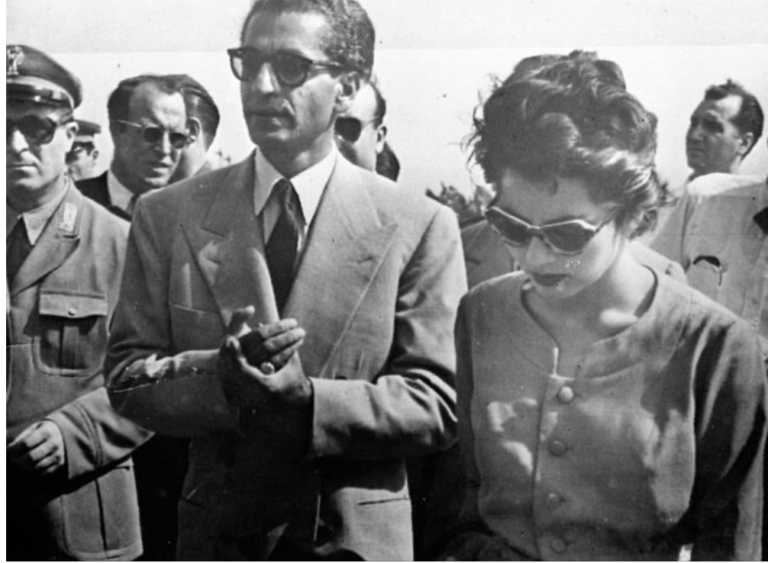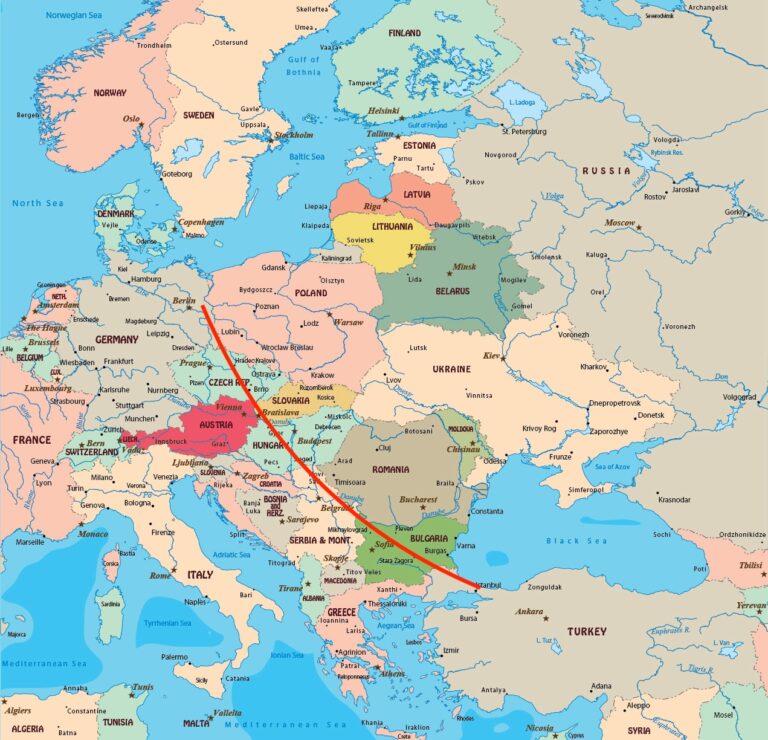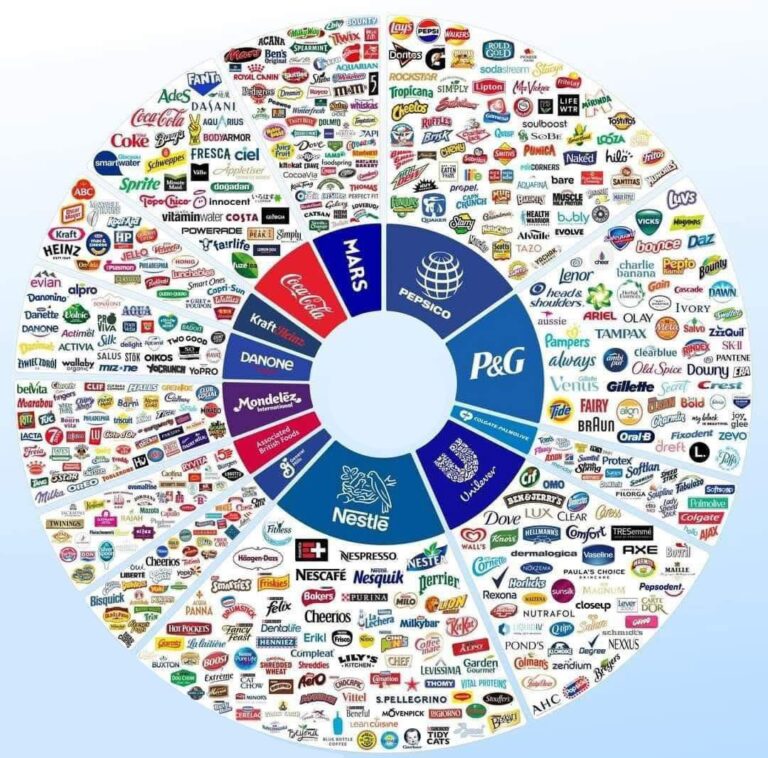By Andrea Tucci,
The current conflict between Iran and Israel is different from what one might assume. Iran is not one of the Arab countries surrounding Israel, and even its modern theocratic regime follows a different interpretation of Islam, one that almost no one in Palestine adheres to. After the October 7 Hamas attack on Israel, a video filmed at an Iranian high school went viral where the students chanted “Death to Palestine” for sure it shows the number of Iranians who have adopted a close fascist sentiment in favour of Israel is been increased.
After the 2022 death of Mahsa Amini after she was arrested by Iran’s so-called morality police for incorrectly wearing the hijab, drew significant attention to the public’s dissatisfaction It revealed that society is in strong contrast with its religious authorities.
Israel, in primis the Prime Minister Benjamin Netanyahu, is aware of this sentiment, as evidenced by the government’s invitation to Reza Pahlavi, son of the last Shah of Iran and a popular opposition figure, to visit Israel in April 2023, and Netanyahu in his most recent speech addressed to Iranians attempted to leverage this dissonance between the Iranian people and its rulers in explicit terms. “The people of Iran should know that Israel stands with you,” he said. He added : “When Iran is finally free everything will be different. Our two ancient peoples, the Jewish people and the Persian people, will finally be at peace”, attracting many who not only support Israel’s invasion of Gaza but also those who hope that Israel will lead a regime change in their own country, Iran. While this sentiment may seem perplexing, it has historical roots tied to a collective generational trauma.
After 50 years under the Islamic Republic’s rule, the grandchildren of the original revolutionaries no longer seem to care about the founding principles of the revolution, as massive protests demonstrate and many Iranians are seeking alternatives.
One such alternative is a Western-backed monarchy led by the Shah’s son, Reza Pahlavi. When he visited Israel, he was warmly received by Netanyahu and the rest of Israel’s far-right leadership .
The nostalgia for the Shah’s era is clear and often romanticized by Persian-speaking broadcasting channels from the West.
Reza Pahlavi’s father once said, “Iran is a victim of its geography, Iran was meant to be like the European powers and that Iranians are closer to Germans than Arabs” .
It is evident at Iranian universities, once bastions of leftist intellectualism, are now home to the far-right government in Israel as a closer ally than their own religious regime. Conversations with students and Persian nationalists reveal ideas once unimaginable. “Arabs as a common enemy shared with their Israeli peers”, continuing: ” We are Aryan not Arabs. Arabs once invaded Persia and the current regime is a descendant of those Arabs”. A few intellectuals sustain that “The Arab invasion degenerated the Aryan lineage in Persia. The Arab are inferior and are the cause of Persia’s decline”.
Chants like “We are Aryans; we don’t worship Arabs” were widely heard during the anti-regime protests of 2022 and can easily found on social media. “I hope Israel finish every Arab in Palestine and then continue their work here”, a student from one of the most prestigious scientific institute in Tehran said.
For far-right Iranian nationalists, an enthusiasm for Israel and Trumpism will bring Iran’s through a Western-backed far-right regime.
Such a regime could lead to a cooperation between all of these right-wing actors, who supposedly share common enemies: Islam and Arabs.



